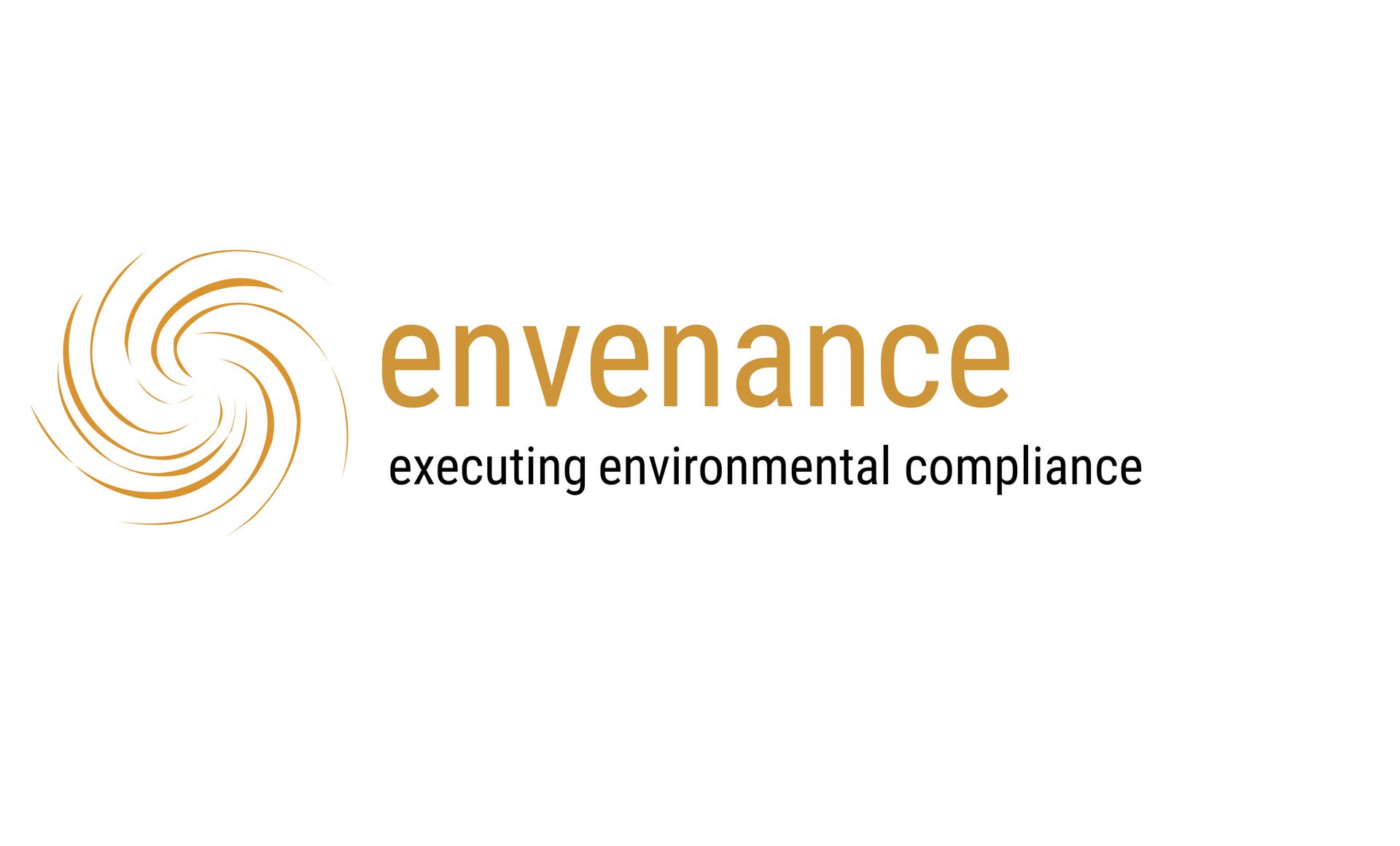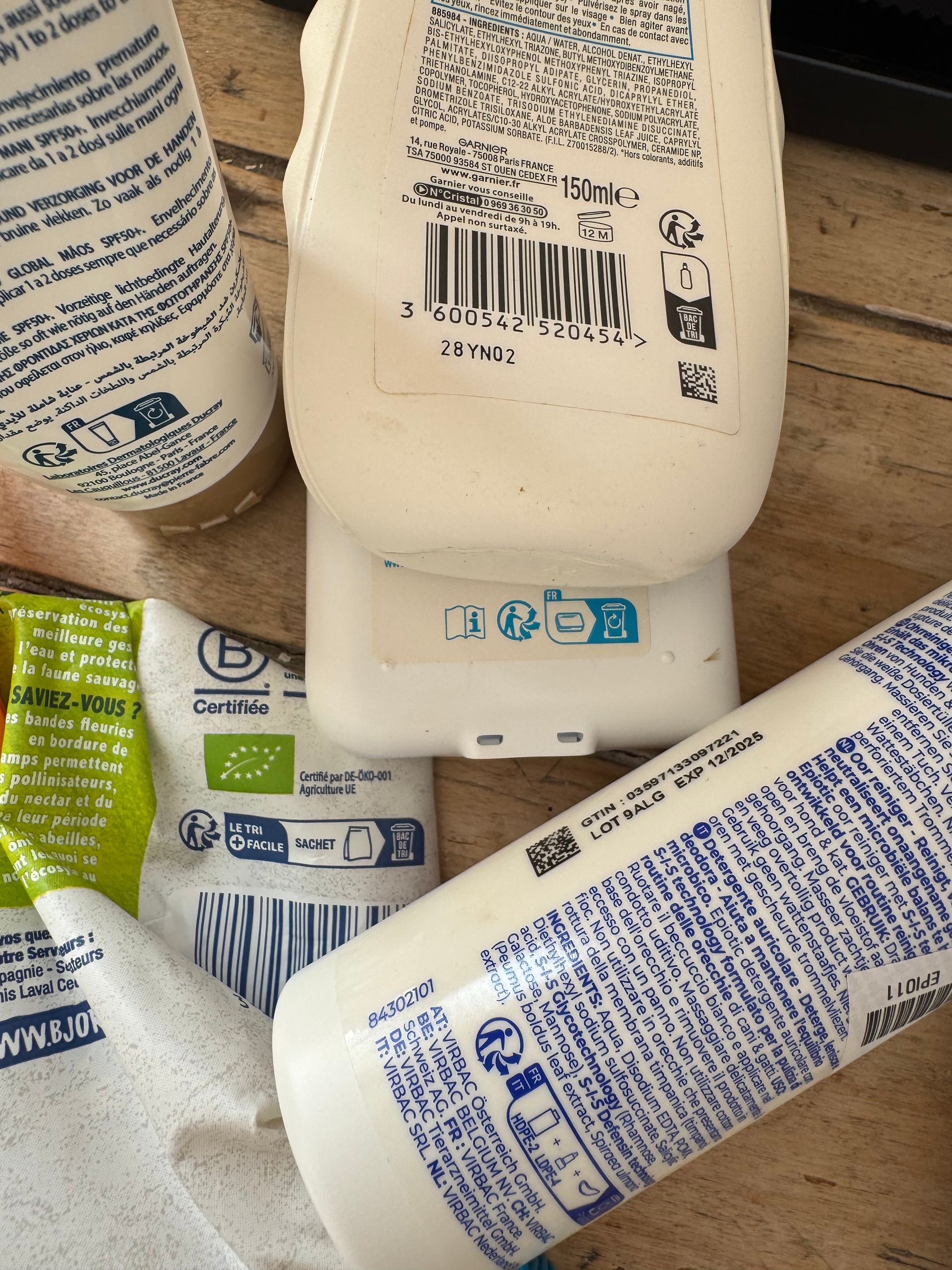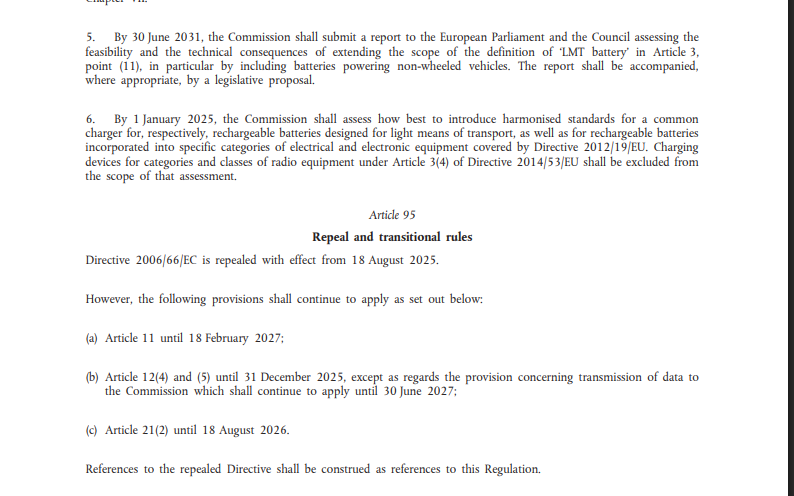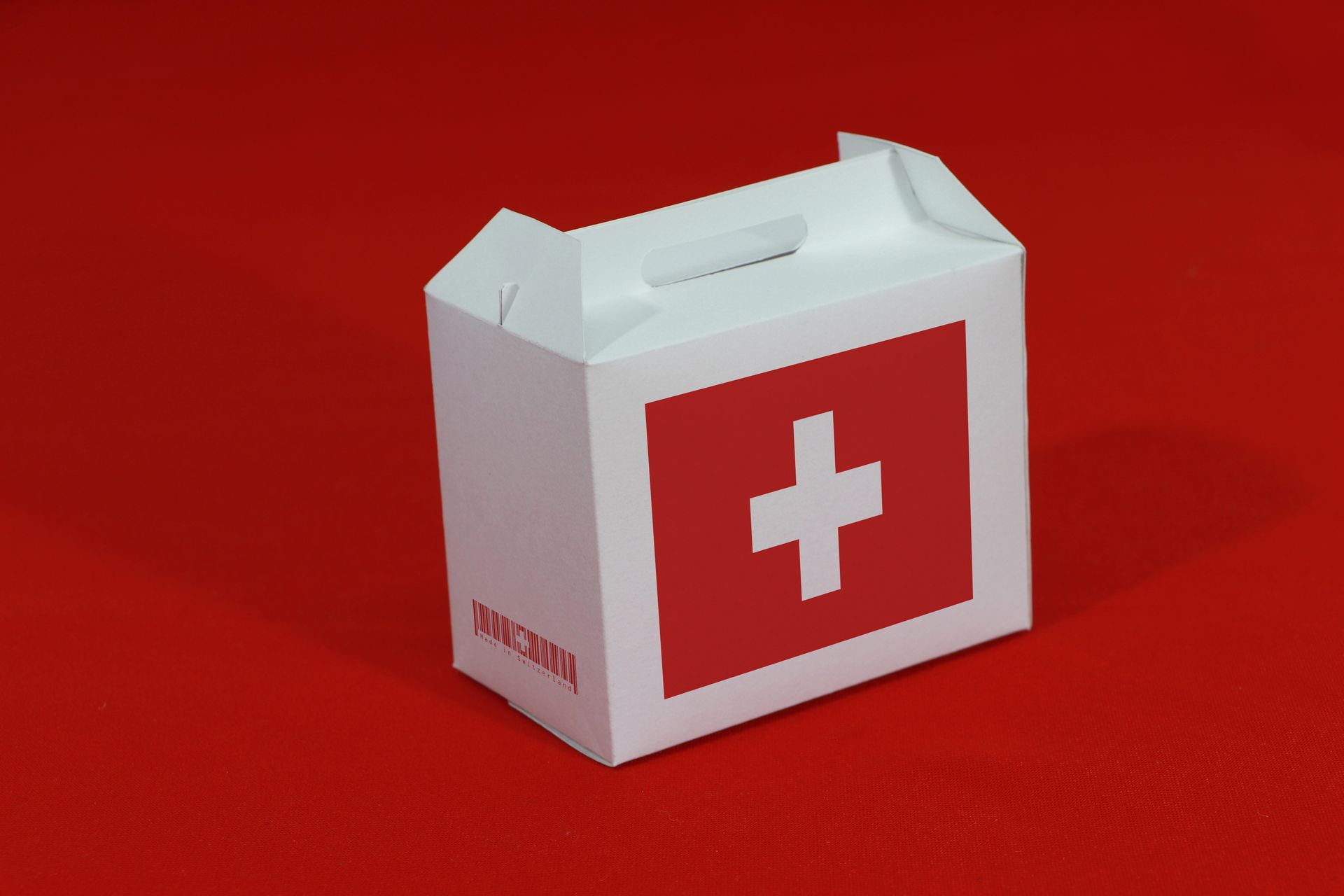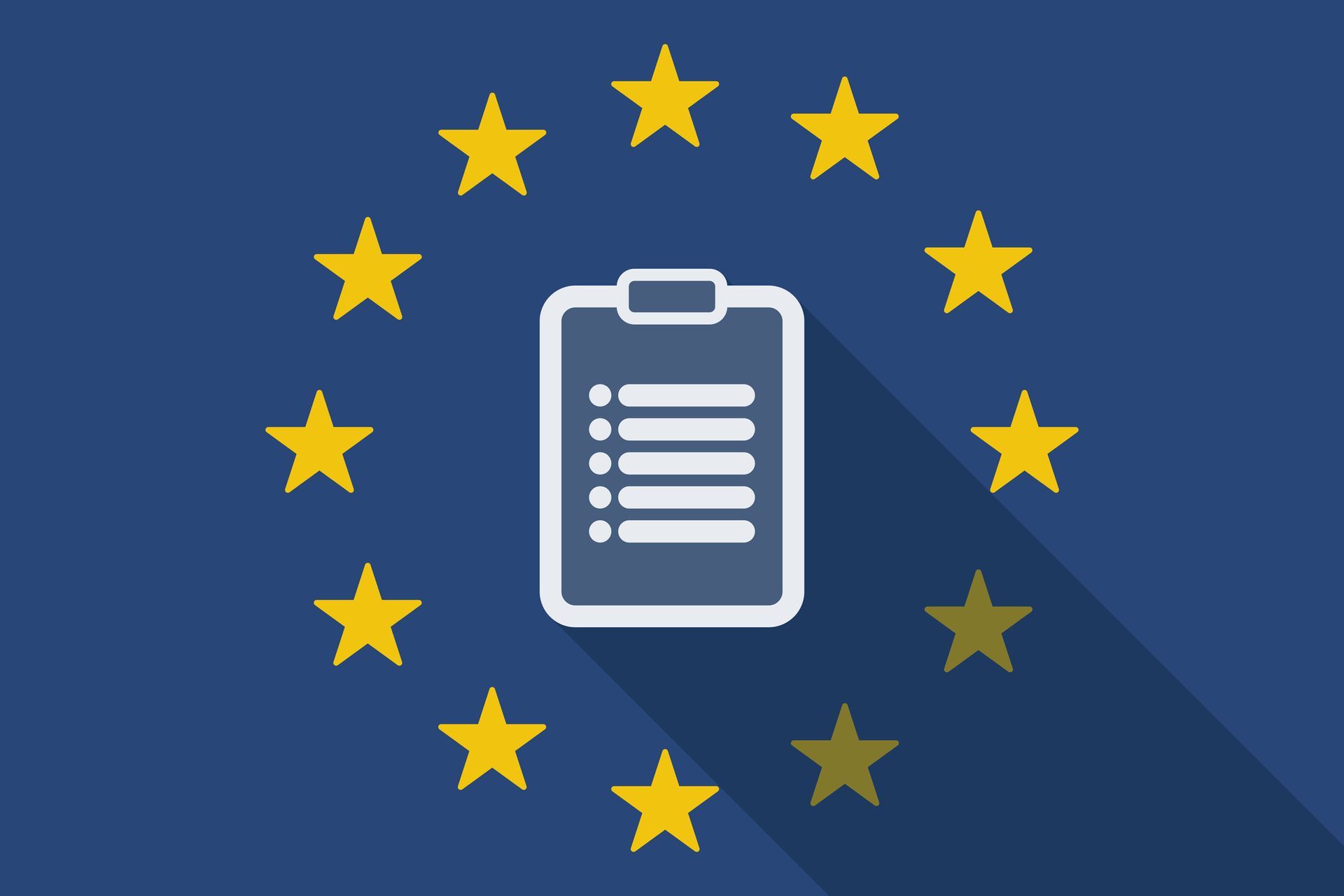US Moves Forward with Extended Producer Responsibility: Washington Enacts Packaging EPR Law
envenance on compliance.
Extended Producer Responsibility (EPR) is rapidly evolving into a global standard for sustainable waste management. Rooted in the Basel Convention’s guiding principle—holding producers financially accountable for the waste their products generate—EPR is now a legislative reality across many jurisdictions worldwide.
In the United States, this transformation is happening at the state level. As of May 17, 2025, Washington State has enacted E2SSB 5284, making it the seventh U.S. state to implement EPR regulations specifically for packaging and paper products.
Scope and Exemptions of the Washington EPR Law
The new legislation mirrors EPR patterns in Europe by covering a broad range of household packaging materials, including:
- Paper
- Plastic
- Metal
- Glass
However, there are significant exemptions. Materials are excluded from the scope if they are:
- Not collected through residential recycling services
- Recycled through a responsible market
- Used and collected strictly within commercial settings (e.g., factories, automotive workshops)
Therefore, packaging waste generated outside of private households generally falls outside the legislation’s scope.
Who is a “Producer” Under Washington Law?
According to Section 102, 22, a “producer” includes:
- Manufacturers
- Brand licensees and owners
- Importers of record
- Distributors offering products for sale within and into the state of Washington
This definition even extends beyond state and national borders, meaning companies based from outside Washington—or even from outside the U.S.—may be subject to the regulation if they sell into the state.
De Minimis Thresholds: Who Is Exempt?
Not every company must register. The law includes de minimis exemptions for so called "de minimis producers"
- Companies that introduced less than one ton of packaging into Washington in their most recent fiscal year
- Companies with a global gross revenue of less than $5 million
Compliance Timeline and Obligations
Companies within scope must take the following steps:
- Appoint or form a Producer Responsibility Organization (PRO) by January 1, 2026
- Register the PRO with the Washington Department of Ecology by March 1, 2026
- Formally join the PRO by July 1, 2026
- PRO submission of annual fee payments by May 1 of each following year
One noteworthy development: the Circular Action Alliance (CAA)—already serving six other states—is approved as a PRO also in the State of Washington. This - at least potentially - streamlines multi-state compliance by allowing producers to work with a single PRO across jurisdictions. However, practical details of the implementation are still emerging.
Penalties and Enforcement
Non-compliance comes at a cost:
- Penalties of up to $1,000 per day for initial violations
- Penalties of up to $10,000 per day for repeated violations
- Penalties can also include twice the market value of non-compliant materials
Key Questions for Businesses
To assess your company’s obligations, begin with these six essential questions:
- Am I considered a “producer” in Washington?
- Is my packaging in scope?
- Do I exceed the de minimis thresholds?
- Which EPR scheme(s) should I join?
- What are my reporting requirements?
- What are my financial responsibilities?
How envenance Can Help
Navigating EPR legislation across jurisdictions is complex—and non-compliance can be costly. envenance offers the expertise and global perspective to:
- Interpret local requirements in a global context
- Provide end-to-end compliance solutions
- Monitor regulatory developments and ensure proactive action
Stay tuned for our upcoming breakdown of EPR legislation in Maryland, another state that joined the EPR movement earlier in 2025.




